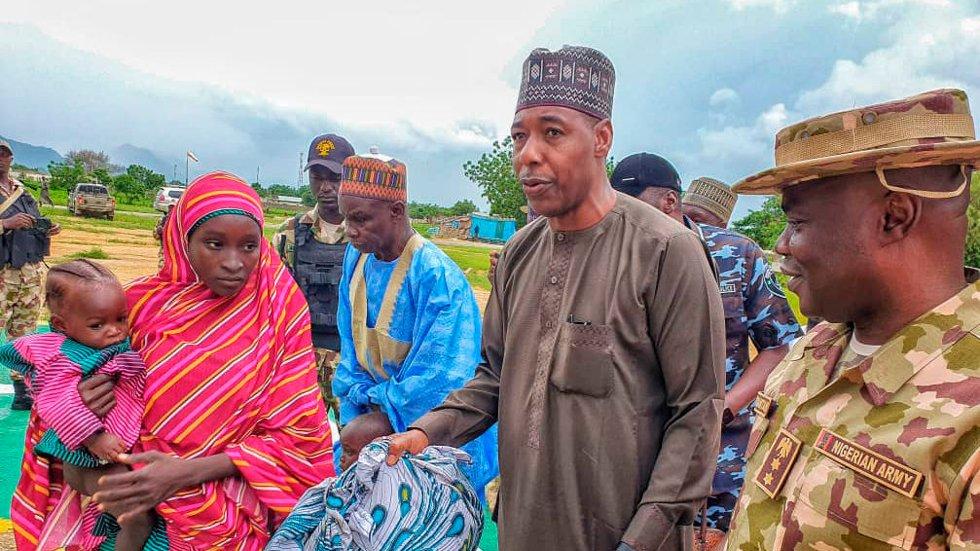It is the largest mass defection from Boko Haram since the uprising began twelve years ago, and follows the assassination of Boko Haram leader Abubakar Shekau in May.
Shekau’s control of Boko Haram had already weakened after a group called ISWAP broke out and became ever stronger.
The mass defection puts the authorities in the state of Borno in a difficult situation. There is only room for 700 people at a time in the de-radicalization programs that have been implemented.
Many of the guerrillas’ victims also react negatively to the fact that former Boko Haram soldiers are offered amnesty after de-radicalization, where they are learning a trade.
“We must choose between an endless war and cautiously accepting the surrendered terrorists, which is very painful and difficult for all who have lost their loved ones, difficult for all of us, including the army that has lost colleagues,” said Borno Governor Babagana. Zulum.
Boko Haram’s fight for an Islamic state in northern Nigeria has claimed the lives of about 40,000 people in Nigeria and neighboring countries. More than two million people have been displaced in the area.
— .


